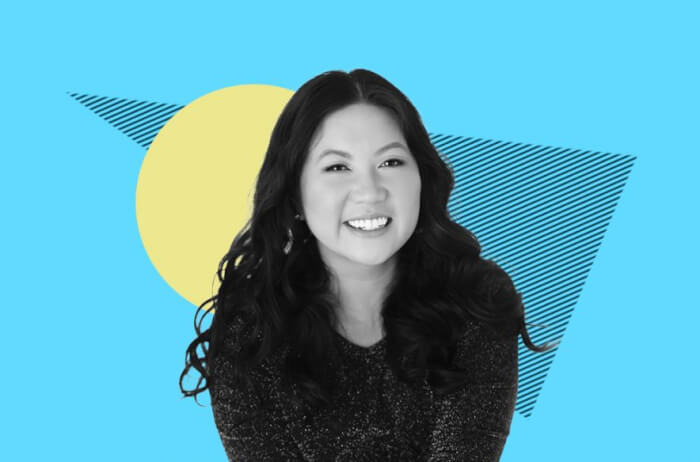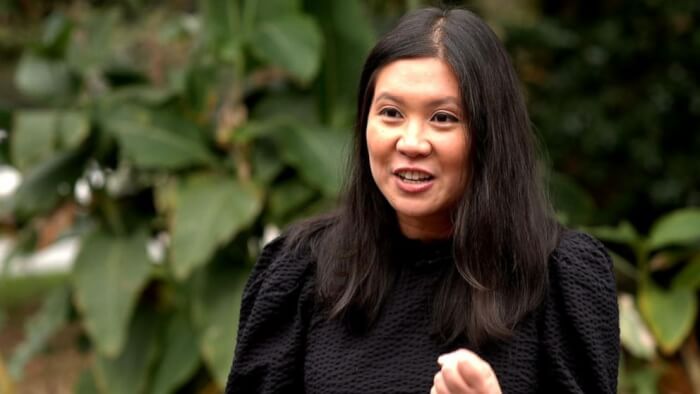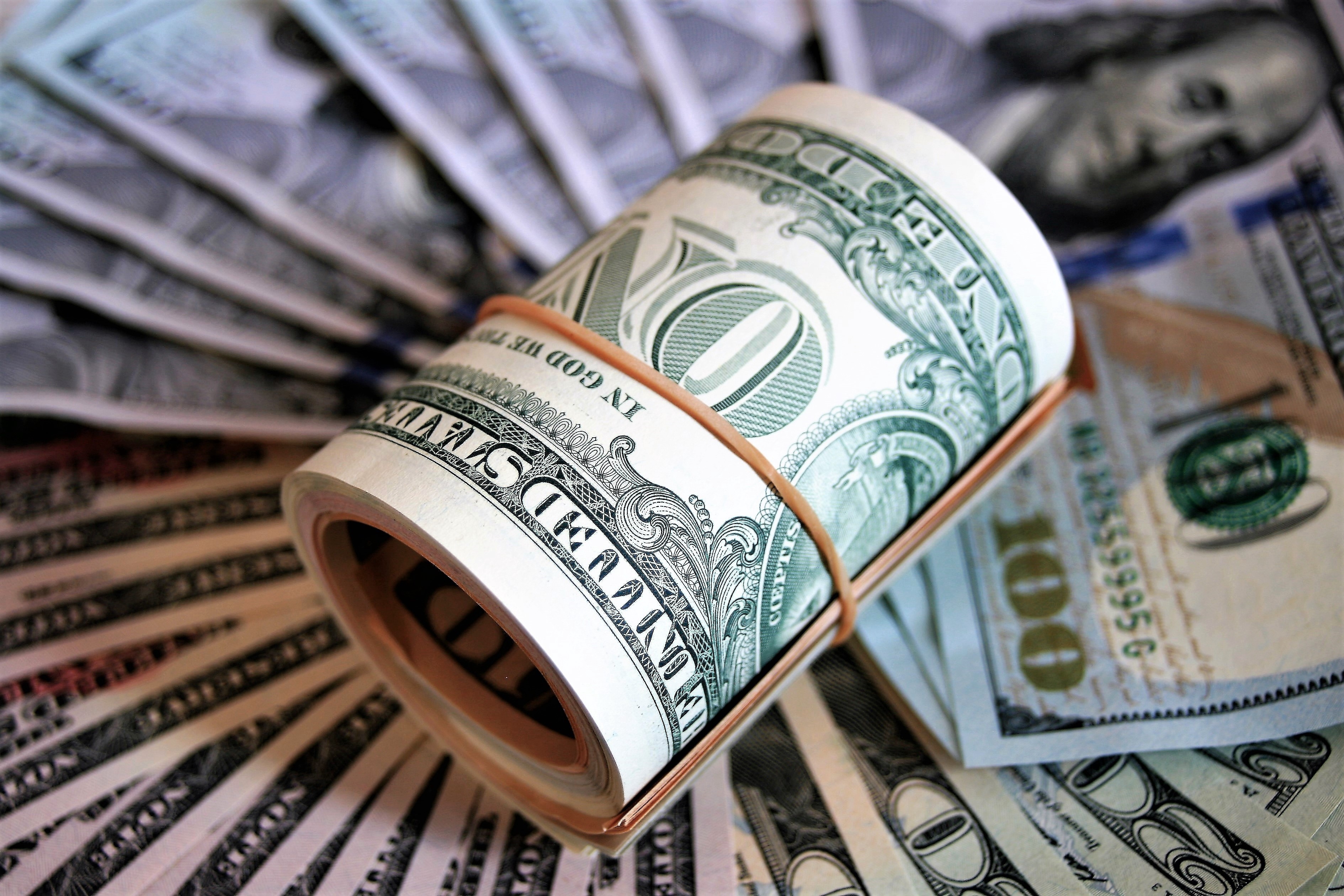Self-Made Millionaire Paying Off $300,000 In 3 Years Of Debt: Avoid This Mistake When Setting Up An "Emergency Fund"
Setting up an emergency fund is something everyone thinks about after suffering the consequences of the pandemic. However, this self-made millionaire said: "Cash is not going to do you any good if it’s not growing".
Joy, a self-made millionaire who has paid off $300,000 in debt in three years and now has a net worth of $1 million, says some of her clients have saved more than they need. " They are over-padding when they could be investing instead. Once they have enough emergency funds, consider redirecting them to investing to build sustainable wealth," she says.
This is not easy to do. According to a Bankrate survey in 2021, more than half of Americans, 51% of whom have emergency fund savings, only for three months or less. Of those 51%, 25% have no emergency funds at all. To save enough money, you can automatically save and follow a budget or 50/20/30 rule where you allocate 20% of your income to savings and investments, 50% to fixed expenses and 30% for flexible spending.
However, this self-made millionaire says: "Once you have what is considered a suitable emergency fund, you don't need to continue putting money into a savings account. Instead, focusing on investing, despite the risks that come with it, there are also potential benefits to building wealth. Money won't do you any good if it doesn't grow."
The market can go down as well as go up, so the best investment is a long-term investment. That's why it's important to start early. Mark La Spisa, a certified financial planner and president of Vermillion Financial Advisors, shares: "It doesn't matter if you can't invest a lot. Get started as soon as possible, right away. Even if it's just a few dollars, it's better than doing nothing or trying to wait until you've accumulated a substantial amount."
This is thanks to the power of compound interest, which includes the interest you earn on your money plus interest that has already been accrued. A good example from the Federal Reserve Bank of St. Louis shows the power of compounding as follows: A saver who starts earlier will have a larger savings balance at age 65, even though his or her friend starts later and contributes three times as much. Another decade of compound growth has given this person the lead.
However, keep in mind that investing always involves risk, and examples like these don't take into account the fact that markets can be volatile and that can affect the value of your investment. If the money in a savings account earns little or no interest, it cannot grow.
H/T: Acorns
 Source: Time
Source: Time
Joy, a self-made millionaire who has paid off $300,000 in debt in three years and now has a net worth of $1 million, says some of her clients have saved more than they need. " They are over-padding when they could be investing instead. Once they have enough emergency funds, consider redirecting them to investing to build sustainable wealth," she says.
Save your emergency fund wisely
 Source: GMA
Source: GMA
This is not easy to do. According to a Bankrate survey in 2021, more than half of Americans, 51% of whom have emergency fund savings, only for three months or less. Of those 51%, 25% have no emergency funds at all. To save enough money, you can automatically save and follow a budget or 50/20/30 rule where you allocate 20% of your income to savings and investments, 50% to fixed expenses and 30% for flexible spending.
However, this self-made millionaire says: "Once you have what is considered a suitable emergency fund, you don't need to continue putting money into a savings account. Instead, focusing on investing, despite the risks that come with it, there are also potential benefits to building wealth. Money won't do you any good if it doesn't grow."
Start as soon as possible
 Source: Medium
Source: Medium
The market can go down as well as go up, so the best investment is a long-term investment. That's why it's important to start early. Mark La Spisa, a certified financial planner and president of Vermillion Financial Advisors, shares: "It doesn't matter if you can't invest a lot. Get started as soon as possible, right away. Even if it's just a few dollars, it's better than doing nothing or trying to wait until you've accumulated a substantial amount."
This is thanks to the power of compound interest, which includes the interest you earn on your money plus interest that has already been accrued. A good example from the Federal Reserve Bank of St. Louis shows the power of compounding as follows: A saver who starts earlier will have a larger savings balance at age 65, even though his or her friend starts later and contributes three times as much. Another decade of compound growth has given this person the lead.
However, keep in mind that investing always involves risk, and examples like these don't take into account the fact that markets can be volatile and that can affect the value of your investment. If the money in a savings account earns little or no interest, it cannot grow.
H/T: Acorns
Share this article
Advertisement